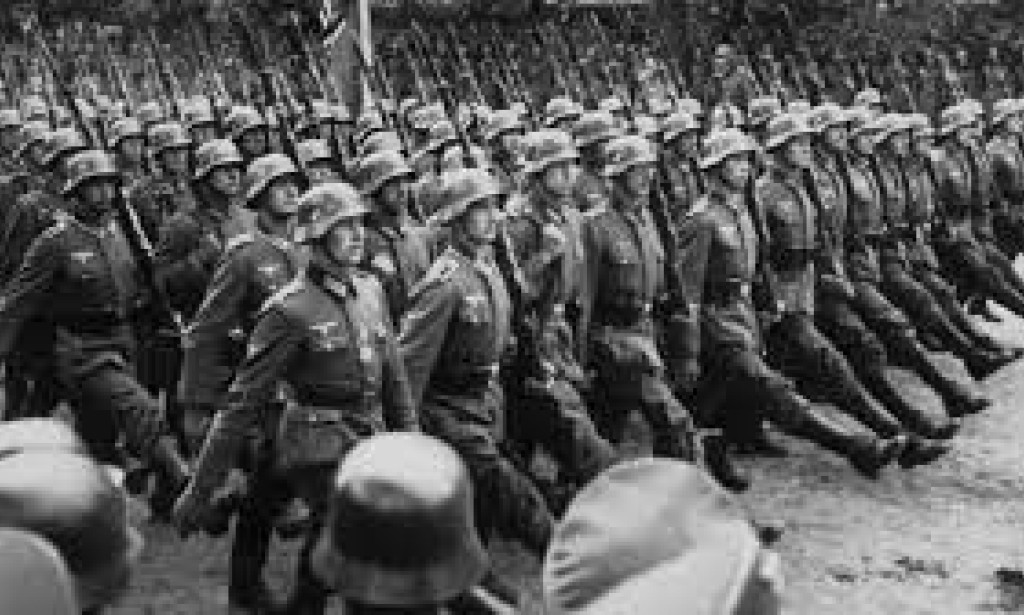World War II was a global war that lasted from 1939 to 1945. It involved the majority of the world's nations—including all of the great powers—eventually forming two opposing military alliances: the Allies and the Axis. It was the most widespread war in history, and directly involved more than 100 million people from more than 30 countries.
In Europe, Germany, under the leadership of Adolf Hitler and the Nazi Party, launched a massive military campaign that conquered much of the continent. This included the invasion and occupation of Poland, which led to the outbreak of the war, as well as the invasion of the Soviet Union and the Battle of Britain.
Meanwhile, in the Pacific, Japan, under the leadership of Emperor Hirohito, embarked on a campaign of territorial expansion and conquest. This included the invasion of China and the attack on Pearl Harbor, which brought the United States into the war.
The war saw the use of many new and deadly weapons, including nuclear weapons, which were used by the United States against the Japanese cities of Hiroshima and Nagasaki. It also saw the Holocaust, in which millions of Jews and other minority groups were systematically murdered by the Nazis.
The war finally came to an end in 1945, after the Allies, led by the United States, the Soviet Union, and the United Kingdom, defeated the Axis powers. The United Nations was formed in the aftermath of the war, with the goal of preventing future global conflicts.
World War II had a profound impact on the world, and its aftermath continues to be felt to this day. It resulted in the loss of millions of lives and the displacement of even more people. It also led to major political, economic, and social changes, including the decolonization of many countries and the formation of the Cold War.


You must be logged in to post a comment.